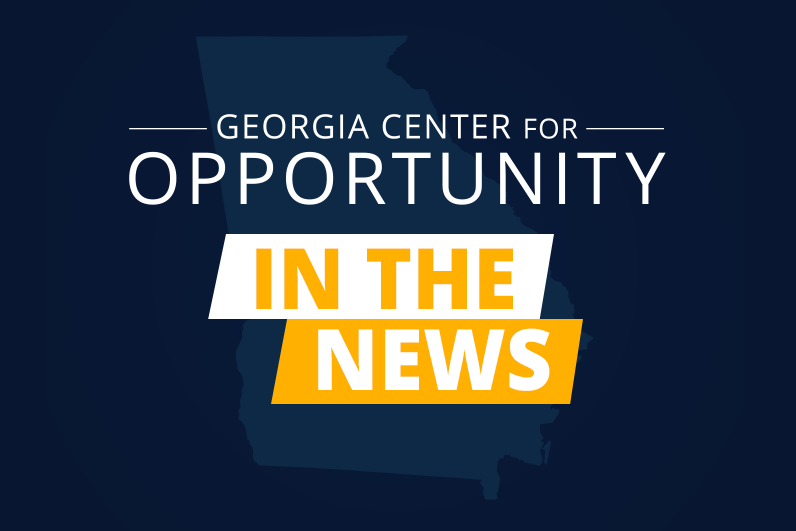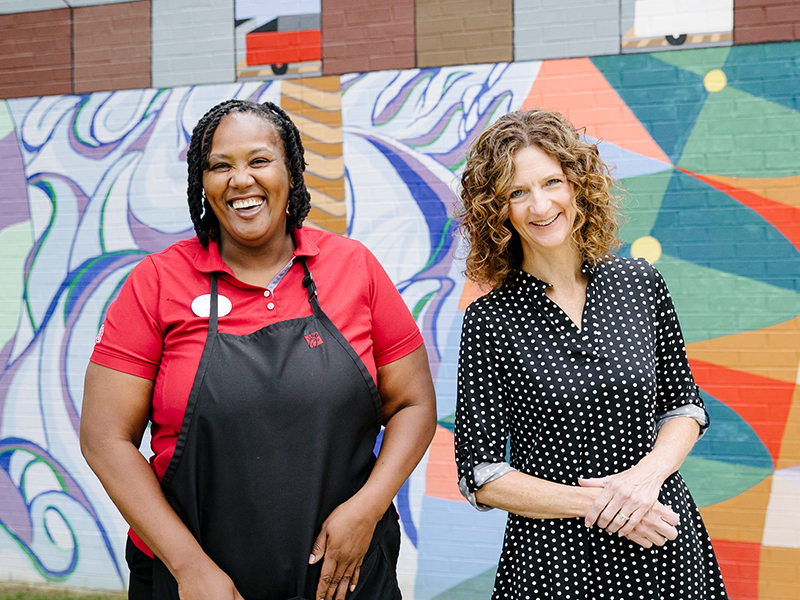
An Opportunity Roadmap For Poverty Relief | The Georgia Virtue

An Opportunity Roadmap For Poverty Relief | The Georgia Virtue
The South is the fastest growing region in the country. The pull of our warm winters, friendly people, and low cost of living has drawn millions over the last few years. However, an old foe that we have attempted to fight for decades continues to afflict our people.
Rampant, inescapable poverty has been a staple of urban and rural areas in the South for generations. Government has long purported to be the solution to this problem, but after years of government programs and promises of a better tomorrow, our fellow man continues to be stuck in the cyclical nature of poverty. The status quo and government solutions have failed…
It’s time to change focus and realize that while our safety net programs are well intentioned, they often act as snare nets trapping people in poverty with no means to escape. Safety net programs should catch people when they fall and put them back on their feet. The Pelican Institute for Public Policy has joined together with the Texas Public Policy Foundation (TPPF) and Georgia Center for Opportunity (GCO) to forge a new path forward to bring poverty relief to our friends and neighbors, beginning now.





